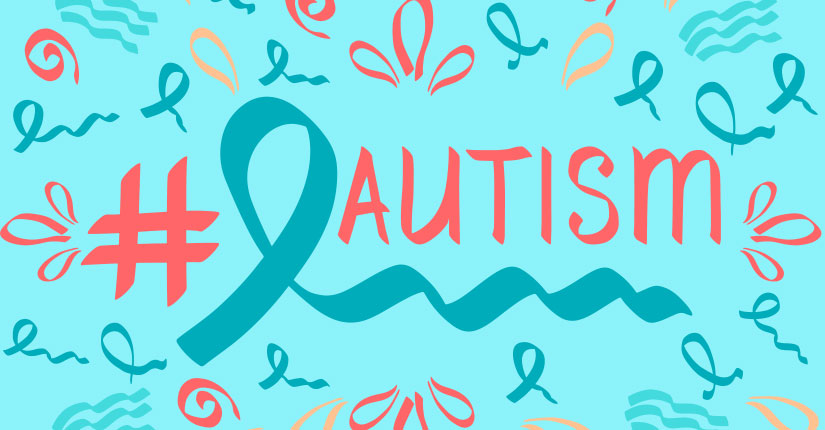WHO Tweeted About The Importance Of Health Care Support For Autistic People
By Nmami Agarwal 06-Apr 2022 Reading Time: 4 Mins

According to the World Health Organization, Autism Spectrum Disorders (ASD) are a diverse group of conditions. They are characterised by some degree of difficulty with social interaction and communication. Other characteristics are atypical patterns of activities and behaviours, such as difficulty with transition from one activity to another, a focus on details and unusual reactions to sensations.
The abilities and needs of autistic people vary and can evolve over time. While some people with autism can live independently, others have severe disabilities and require life-long care and support. Autism often has an impact on education and employment opportunities. In addition, the demands on families providing care and support can be significant. Societal attitudes and the level of support provided by local and national authorities are important factors determining the quality of life of people with autism.
Timely access to psychosocial support can improve the well-being of autistic children, and their ability to communicate and interact with others. Every child and young person has the right to thrive. Yet, autistic children often experience barriers in accessing health care. It is essential that all health-care workers understand autism and can support autistic people and their caregivers effectively. The abilities and needs of autistic people vary and evolve over time. Health-care services need to be designed with the participation of autistic people to promote personalized care and respond to their evolving needs.
Assessment and Care:
A broad range of interventions, from early childhood and across the life span, can optimize the development, health, well-being and quality of life of autistic people. Timely access to early evidence-based psychosocial interventions can improve the ability of autistic children to communicate effectively and interact socially. The monitoring of child development as part of routine maternal and child health care is recommended.
Here Are Some Tips For Caregivers of Children With Developmental Disabilities, Such as Autism:
- Engage with your child in play and everyday activities.
- Use everyday activities to create opportunities for communication.
- Prepare your child for the day for easier participation in everyday activities.
- Make your own well-being, as well as that of your child, a priority.
Interventions for people with autism and other developmental disabilities need to be designed and delivered with the participation of people living with these conditions. Care needs to be accompanied by actions at community and societal levels for greater accessibility, inclusivity and support.
Footnote:
WHO and partners recognize the need to strengthen countries’ abilities to promote the optimal health and well-being of all people with autism.





















